Fingers on buzzers. Starter for 10: what do the universities of Nairobi in Kenya, Cape Town in South Africa, and Ibadan in Nigeria, all have in common?
Bzzz! Boris Johnson, Eton College, Oxford. “They are all ineligible for the UK Government’s ‘high potential individual’ visa scheme, enabling graduates from the world’s top 50 universities to come to Britain without a job offer.”
Correct. Bonus for 15: who said, post-Brexit: “We can now welcome people based on the skills they have to offer and the contribution they can make, not where they come from.”?
Bzzz! Sunak, Oxford. “The British Home Office.”
Correct.
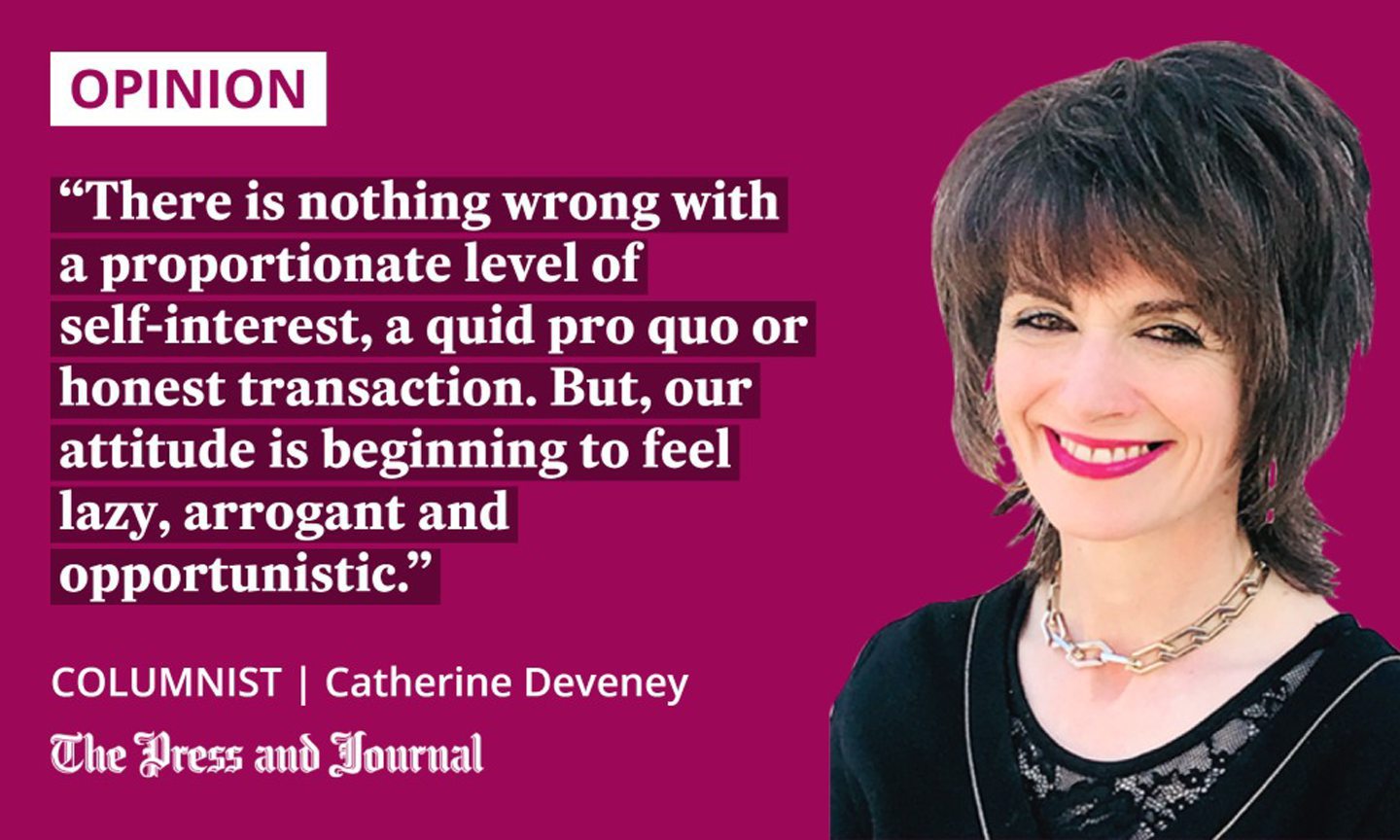
University Challenge? Hardly. Any university can compete in University Challenge and win. Not so the visa scheme.
Which universities are eligible? Mainly the white ones.
Around 50% of the world’s top ranking universities are American. Then there’s Paris, Switzerland, Canada and Australia.
Japan, China and South Korea make a brief appearance but there is not a single university from Africa, South Asia or South America. You might have contributed to Old Blighty’s empire – but who are you again?
The league table of world universities is controversial at the best of times. Its rankings are heavily based on research which, of course, demands levels of financial investment that universities in struggling parts of the world can’t compete with.
More crucially for the visa scheme, the league table doesn’t give any indication whatsoever about the ability of individual applicants who, according to the new rules, must have at least £1,270 of savings before being eligible. Or, as Shania Twain might have sung but didn’t: “That don’t impress me much. So, you got the brains but have you got the bucks?”
Ambition left over from the days of the Empire
The ethics of the visa scheme are all wrong. There is something distasteful about it that speaks of our age and this government: a cynical, grasping, take-all-give-nothing mentality that leaves Britain like some blood sucking leech on the world stage, hoovering up affluent white talent and spitting out broke, black refugees wherever we can.
Racism exposed after African Universities were excluded from the British High Potential Individual Visa scheme. Under the new Visa scheme, Britain will offer work visas to graduates from the World Best Universities except Africa. UCT, Africa’s best University was also excluded.
— Hon. Dr Energy Mutodi (PhD) (@energymutodi) June 3, 2022
Already, we are seeing disproportionate numbers of Sudanese refugees among the first to be deported from Britain to Rwanda.
The psychologist Carl Jung spoke of the “collective unconscious”: a kind of ancestral memory left imprinted on the national psyche from past generations. If Britain has a collective unconscious, it lies surely in the determined drive of ambition left over from the days of the Empire, a sense of entitlement that outweighs any sense of responsibility.
Having pulled up the drawbridge, we now want the world’s top graduates to leap over it
There is, too, a grandiose sense of our own abilities that is incongruous in the modern world. We exited Europe with gung ho, go-it-alone bravado, but no acknowledgment of the huge contribution collaborative European approaches to wealth and prosperity had on our infrastructure, our roads, bridges, buildings and institutions. Having pulled up the drawbridge, we now want the world’s top graduates to leap over it.
Britain should make amends for past atrocities
There is nothing wrong with a proportionate level of self-interest, a quid pro quo or honest transaction. But, our attitude is beginning to feel lazy, arrogant and opportunistic. We deserve the best. We don’t need to pay.
Certainly, there is no attempt to pay back any black or impoverished societies that contributed historically to Britain’s affluence. British slave traders sold around three million African slaves in the 18th and 19th centuries, using their labour to farm items like cotton, sugar and tobacco, which contributed hugely to Britain’s wealth and industrial revolution. Isn’t it time we contributed to their wealth as well as our own?
In the 1950s, Britain executed, imprisoned, and uprooted Kenyans during the Mau Mau uprising, an atrocity which was only acknowledged in 2013, when a group of Kenyan victims led a court battle that resulted in the UK Government issuing an apology and compensation.
Recognising, for example, the University of Nairobi, helping their graduates to rise up, would be pay back but not selfless charity. There is talent in every corner of the world for those willing to recognise it.
Talent is more than top-ranking universities
Fingers on buzzers. Final starter for 10: who said the new visa scheme would “clearly exclude many highly talented individuals studying at great universities around the world that just happen not to fit with the research-heavy (and resource-intensive) focus of the current global rankings”.
Come now! Johnson? Sunak? Nobody?
It was Phil Baty, chief knowledge officer at Times Higher Education, who is responsible for the world university rankings methodology.
Graduates from these 37 top-ranked universities will be able to apply to come to the UK under a new "high potential individual" visa scheme. None from Africa, Latin America or South Asia. That’s a big problem.
World's top graduates get new UK visa option https://t.co/vkqWt2jTe0 pic.twitter.com/0GVSucZW2G
— Phil Baty (@Phil_Baty) May 30, 2022
Now, the question nobody can answer. Why is it that, in a Tory cabinet that should be amongst the most multi-cultural ever, with names like Patel, Sunak, Javid, Kwarteng, Zahawi, and Sharma amongst them, are the policies of this government so fundamentally discriminatory?
“This isn’t,” Phil Baty said when the university visa plan was announced, “what we had in mind when creating the ranking.”
University visa challenge: coming to a white, affluent university near you.
Catherine Deveney is an award-winning investigative journalist, novelist and television presenter
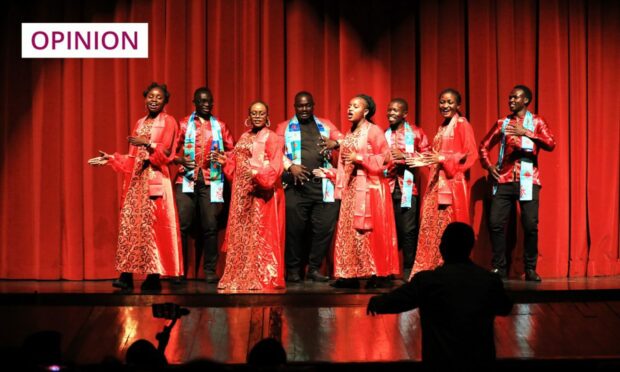


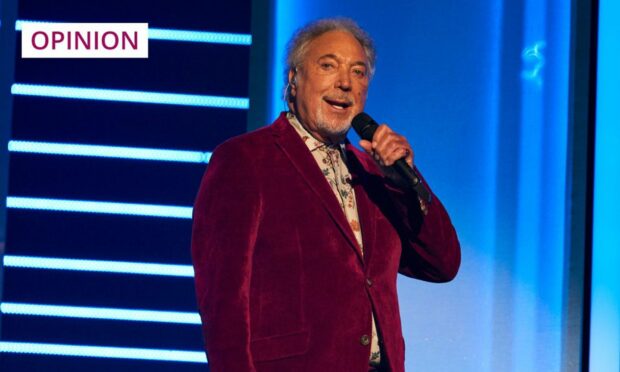

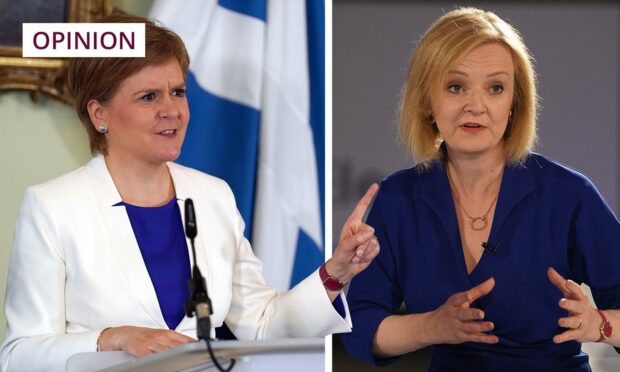
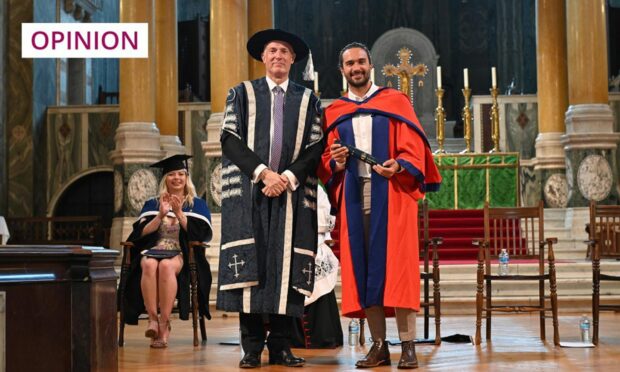
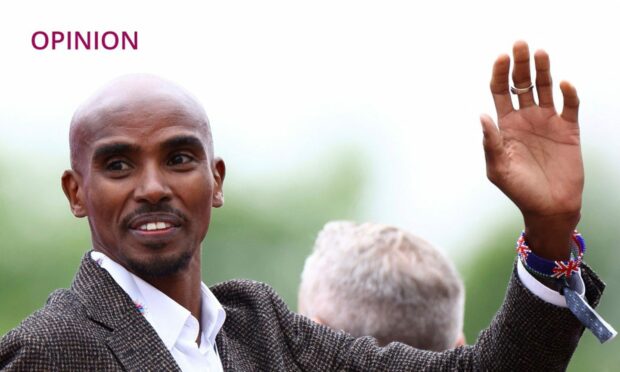
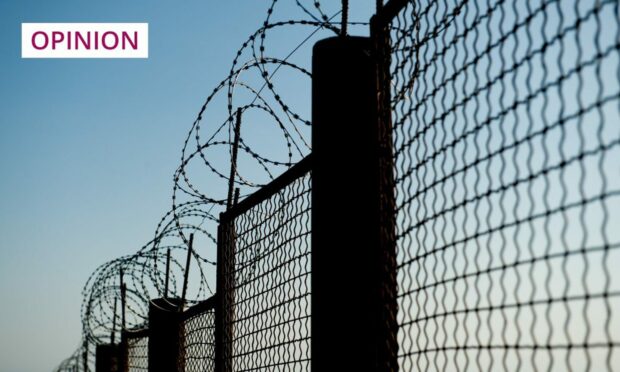










Conversation